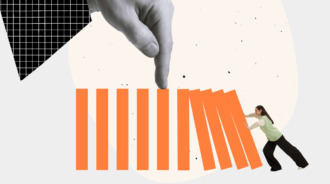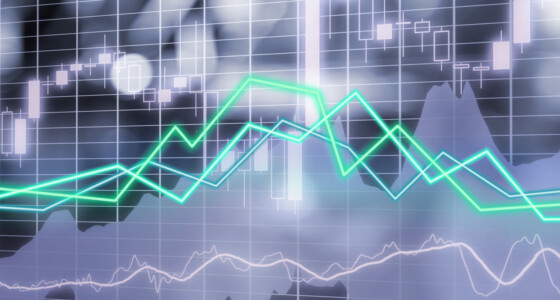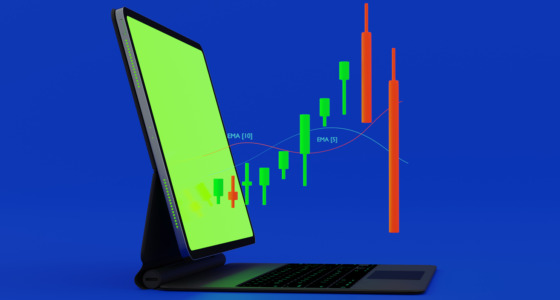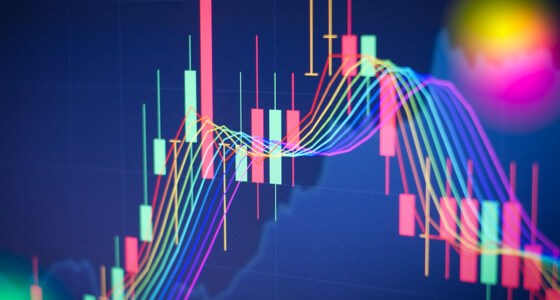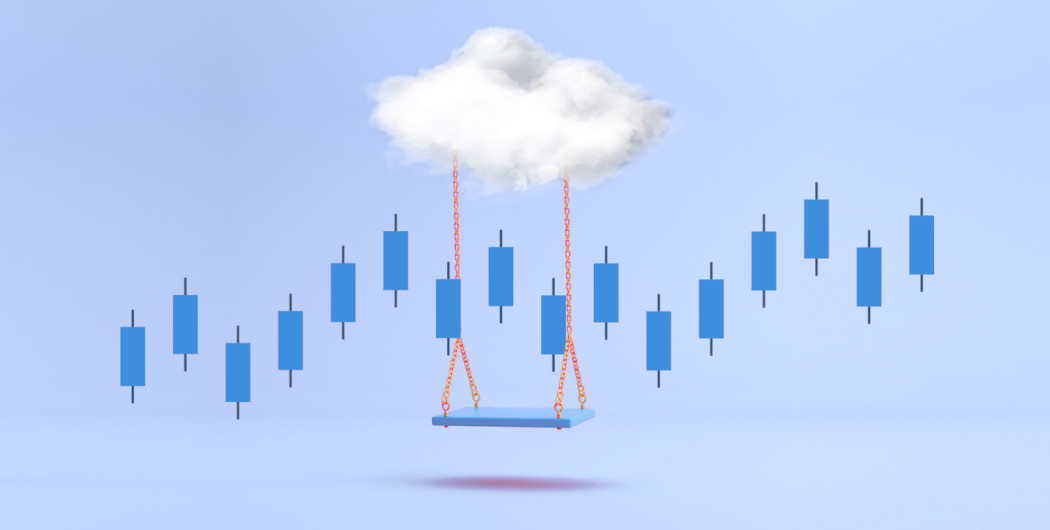

The swing trading style is more appealing to new traders because it is less complex than day trading and allows traders to profit from price movements. Swing trading indicators are frequently used by traders who like the swing trading strategy because of the real-time display of the movement of resistance and support levels when the trend shifts. While relying only on an indicator is acceptable, it is not flawless.
This article will discuss some of the best swing trading indicators and their distinctions.
What is swing trading?
Swing trading positions are often held overnight and may remain open for several days or weeks. The swing trader’s objective is to capitalize on the trend in addition to the open positions, anticipating that the subsequent price swing will move in the desired direction.
When trading cryptocurrencies or any other financial assets, price retracing is a normal occurrence. Swings are the terms used to describe the up-and-down movements in the price of traded commodities. When swings occur, traders will take advantage of them for small profits and close the position before a substantial trend shift. Swing trading can contribute to earnings even if the profits from these trades may be small.
What are the best indicators for swing trading?
These are 5 of the best swing trading indicators popular because of their efficient and simple trading signals.
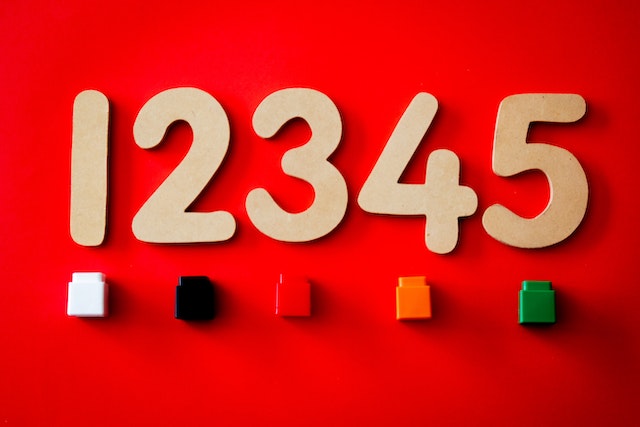
1. Relative strength index (RSI)
One of the most crucial crypto trading indicators for swing traders and day traders is the RSI. You can locate it on your chart under the heading “oscillators” as a momentum oscillator. It determines the magnitude and size of the most recent price fluctuations. Swing traders mostly use the RSI to identify an asset’s overbought or oversold levels.
The RSI indicator is shown as an oscillator, a line graph ranging from 0 to 100, and swings between two extremes. The RSI line rises as the quantity and amount of bullish closing rise and falls as the size of losses rises.
2. MACD
The more complex technical indicator known as Moving Average Convergence Divergence (MACD) combines the Moving Average and RSI indicators. To find the MACD, you have to subtract the 26-period EMA from the 12-period EMA; however, you can manually change these settings to suit your needs.
It should be noted that the two lines shown on the MACD chart don’t correspond to the two MAs that were utilized to do the calculations. Instead, the three components of the MACD indicator are as follows:
- The MACD line: measures the separation between two moving averages;
- The signal line: this is a trigger for bearish and bullish signals that can detect shifts in price movement;
- The histogram: this shows how the MACD line and the signal line vary.
3. Moving average
The earliest technical indicator, the moving average (MA), has been used for years to do technical analysis on commodities and stock prices. Swing traders utilize MA, as the name implies, to determine the average price movement of an asset over a specific period. MAs, therefore, smooth out the short volatility that may look perplexing to traders.
4. Bollinger band
This indicator comprises a moving average line and two standard deviation lines. One is negative, and the other is positive. This indicator is mostly preferred by swing traders because it easily spots a trend, its oversold and overbought levels, and also its volatility. In addition, it has a clear and nice interface.
When the market becomes less volatile, the width of the BB narrows and vice versa. The volatility decreases as the bands get closer to one another.
5. Volume
This is one of the most critical swing trading indicators and is often the most ignored among new traders. This indicator, which is automatically shown underneath the main chart, provides information on the strength of a newly created trend.
The volume indicator essentially displays the number of traders purchasing or selling certain crypto or asset at any time. Hence, the trend is stronger when the volume is higher.
Volume is particularly helpful when using breakout methods, which are used when an asset’s price crosses a resistance or support line. The new trend is anticipated to be significant if a large volume follows the breakout.

Conclusion
The best trading strategy for newcomers may be swing trading, and the indicators can assist traders in taking advantage of price volatility.
Although the price movements in swing trading are minor, you still need to use fundamental risk management strategies. You may protect your balance from being erased by utilizing a stop loss.
